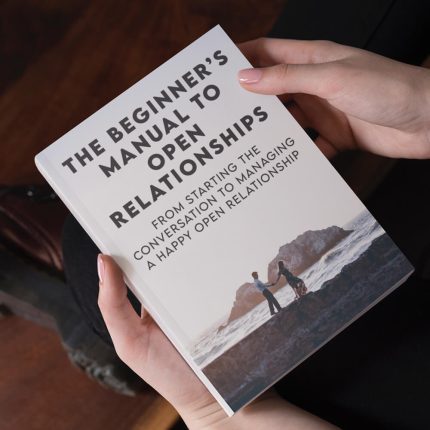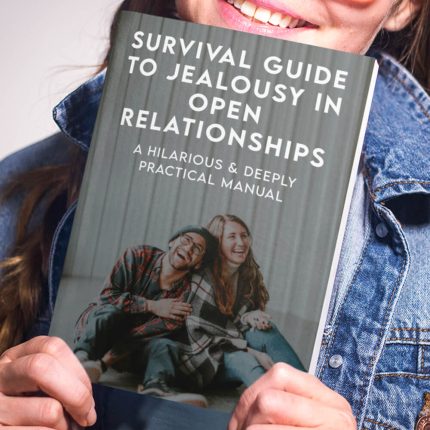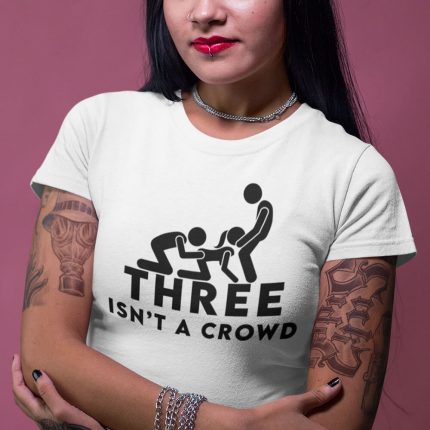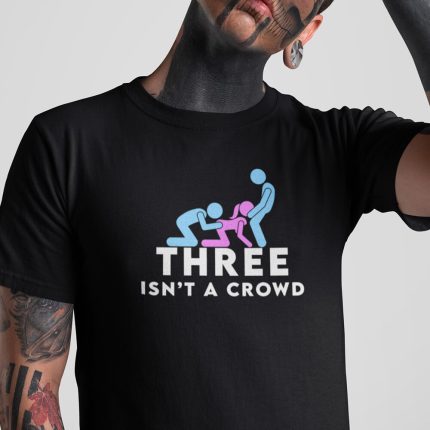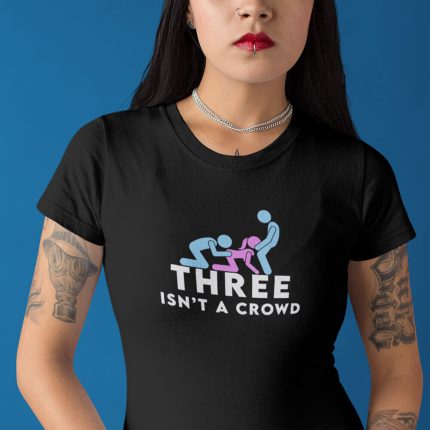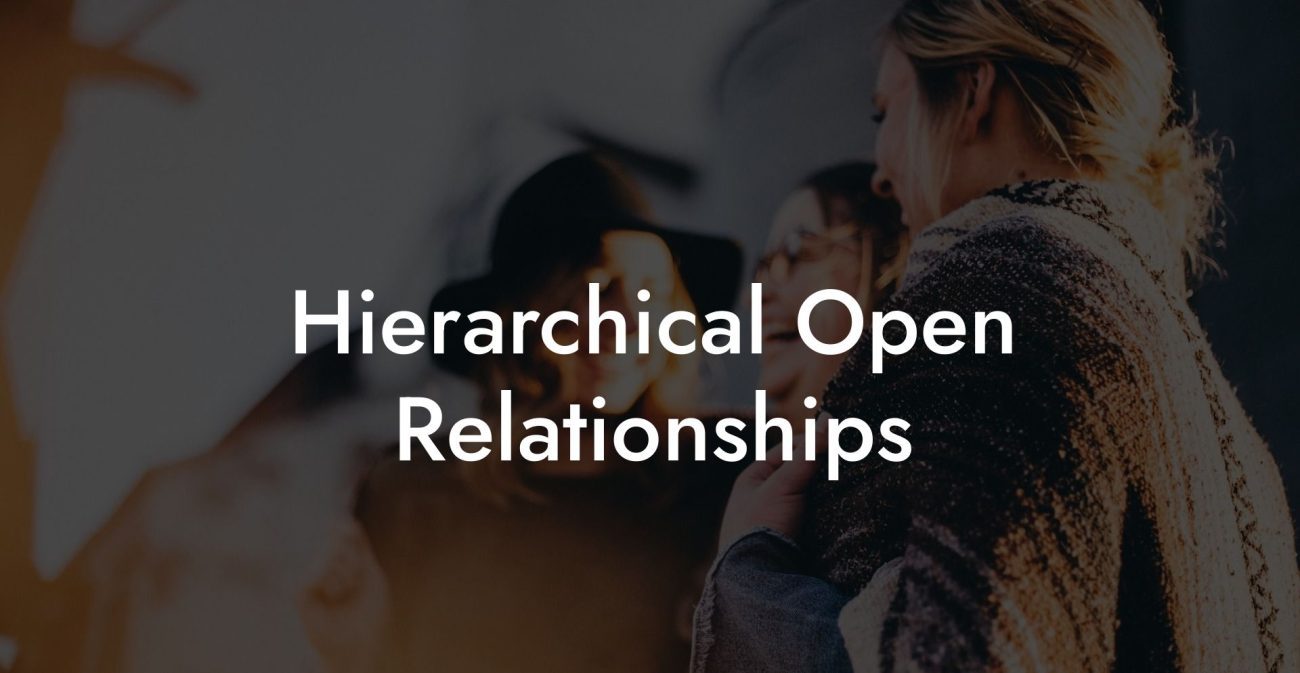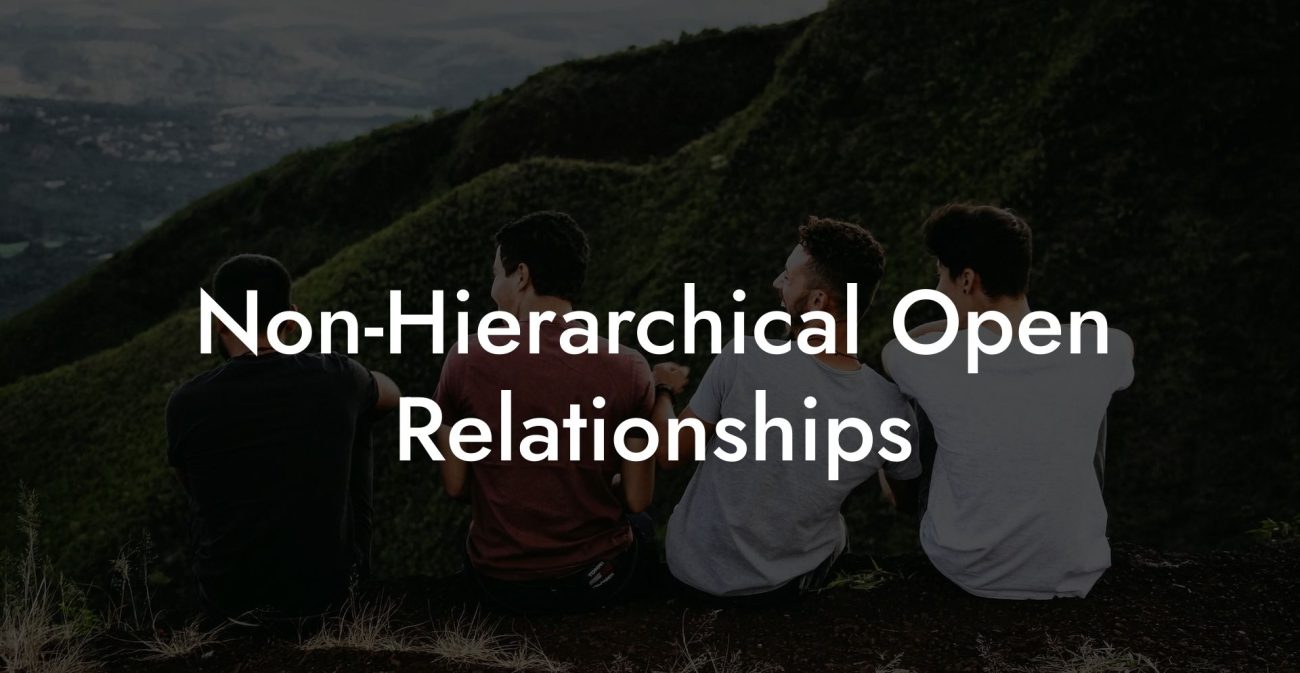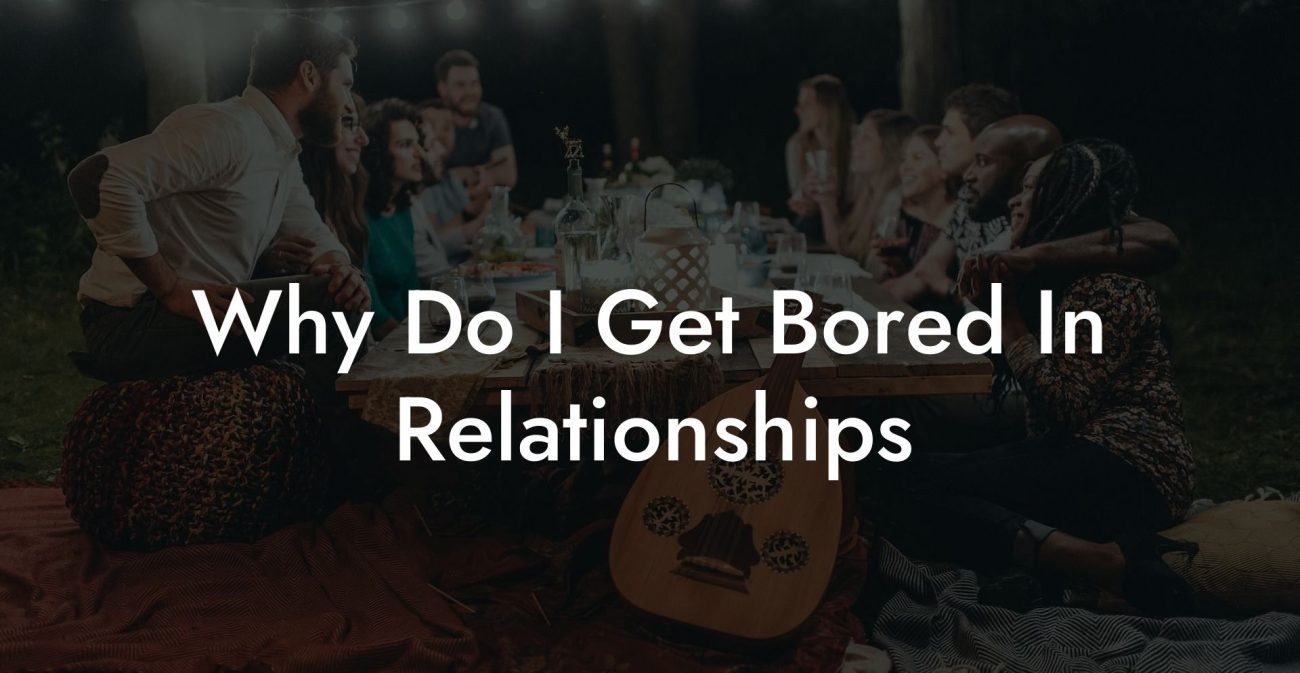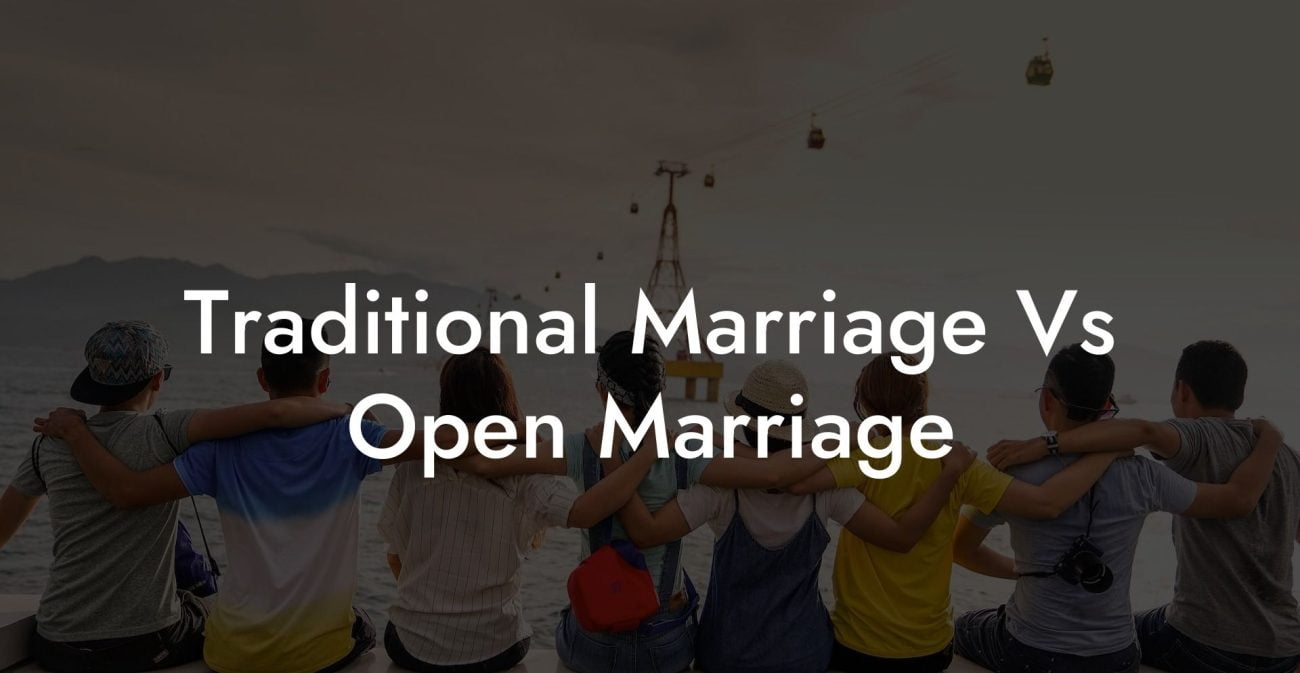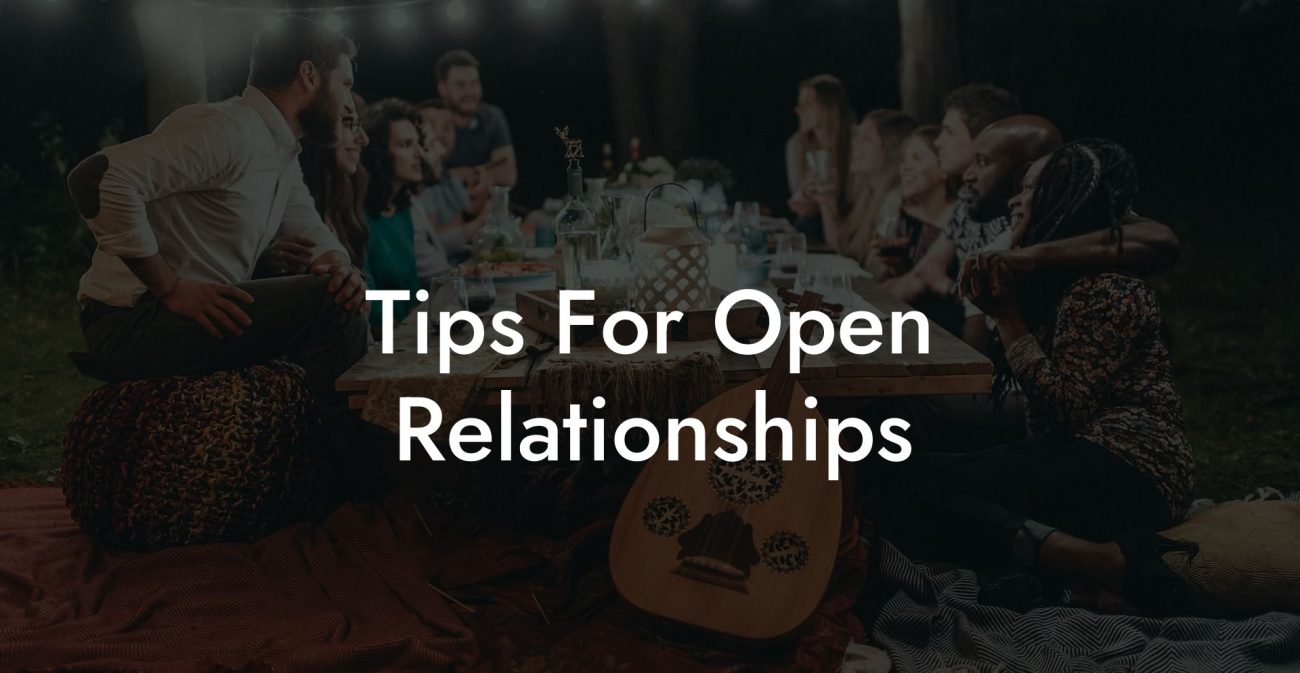Guide to Polyamorous Civilizations

Imagine a sprawling metropolis where love flows like neon light through every alleyway, where the bonds of affection are as varied and vibrant as the city's skyline, and where the idea of “one true love” is replaced by an intricate network of mutual, consensual connections. Picture a civilization that has boldly redefined relationships—where multiple, parallel partnerships are not just accepted but celebrated as the foundation of a thriving, progressive society. This is the vision of polyamorous civilizations, a radical reimagining of community, family, and governance that challenges every convention of traditional monogamy.
Have you ever wondered if monogamy is just a stupid little experiment? Open relationships, polyamory, relationship anarchy...find out which relationship dynamic suits you best with our one minute relationship test. See if you are just conforming to "societal norms". Reveal your truth >>
Quick Links to Useful Sections
- Conceptual Foundations of Polyamorous Civilizations
- Defining a Polyamorous Civilization
- Core Philosophical Underpinnings
- Historical Perspectives and Theoretical Models
- Historical Roots of Non-Monogamous Societies
- Modern Theories and Academic Perspectives
- Social Structures and Governance in a Polyamorous Civilization
- Community and Collective Decision-Making
- Legal and Economic Frameworks
- Cultural Impact and Social Norms
- Redefining Family and Relationships
- Art, Creativity, and Expression
- Benefits of a Polyamorous Civilization
- Enhanced Social Connectivity and Resilience
- Diverse Sources of Emotional Fulfillment
- Personal Growth and Self-Actualization
- Inclusive and Equitable Communities
- Challenges and Criticisms
- Managing Complex Relationship Dynamics
- Societal Resistance and Legal Hurdles
- Economic and Logistical Complexities
- Practical Steps for Building a Polyamorous Civilization
- Fostering Open Dialogue and Community Engagement
- Developing Supportive Legal and Economic Policies
- Encouraging Education and Cultural Exchange
- Future Possibilities and Visionary Scenarios
- Imagining a Utopian Polyamorous Society
- Integration with Modern Technology and Sustainability
- Challenges for the Future
- FAQ: Your Polyamorous Civilizations Questions Answered
Conceptual Foundations of Polyamorous Civilizations
Defining a Polyamorous Civilization
A polyamorous civilization is a societal model in which open, consensual non-monogamy is not just a personal lifestyle but a cultural norm that influences all aspects of community life. In such a society, relationships are built on the principles of free consent, open communication, and mutual respect. Instead of a rigid, one-size-fits-all approach to love, individuals are encouraged to cultivate diverse emotional, romantic, and even sexual connections that enrich their lives and contribute to the collective well-being.
In these civilizations, traditional definitions of family and partnership are expanded to include multiple, overlapping bonds that coexist harmoniously. Social institutions—from legal frameworks and economic systems to education and governance—adapt to support and celebrate a plurality of relationships. The polyamorous model champions flexibility, creativity, and the belief that the capacity for love is limitless.
Core Philosophical Underpinnings
At the heart of a polyamorous civilization lies a philosophy that views love as an abundant resource rather than a scarce commodity. This paradigm shift is rooted in several key principles:
- Free Consent and Transparency: Every relationship is formed and maintained through mutual, informed consent. Honesty is the bedrock on which trust is built, ensuring that all individuals are fully aware of and agree to the structure of their connections.
- Open Communication: Constant, honest dialogue is essential. Whether discussing boundaries, personal growth, or emotional challenges, communication serves as the connective tissue that binds diverse relationships together.
- Mutual Respect and Equality: Each partner’s needs and desires are valued equally, regardless of the number or nature of their relationships. This principle fosters an environment where every connection is acknowledged and honored.
- Flexibility and Adaptability: Relationships are fluid and ever-changing. The willingness to renegotiate boundaries and adapt to new circumstances is celebrated, ensuring that the social fabric remains dynamic and responsive.
Historical Perspectives and Theoretical Models
Historical Roots of Non-Monogamous Societies
The concept of polyamory is not entirely new. Throughout history, many cultures have embraced non-monogamous practices in various forms. From ancient communal living arrangements and extended family systems in certain indigenous cultures to historical accounts of polygamous unions in various parts of the world, the idea that love can extend beyond a singular relationship has deep roots.
However, the modern polyamorous civilization is a conscious, ideological shift from these historical practices. It is built on the rejection of coercive or patriarchal structures and the embrace of individual autonomy and consensual relationships. Early pioneers of the polyamory movement laid the groundwork for this reimagined social order by challenging traditional norms and advocating for a culture of open, honest, and ethical relationships.
Modern Theories and Academic Perspectives
In contemporary society, scholars and social theorists have begun to explore the implications of polyamorous living on a broader scale. Theories of networked love and relationality suggest that societies built on diverse emotional bonds can foster greater resilience, innovation, and social support. Academic discussions around polyamorous civilizations emphasize the potential for restructured legal systems, inclusive economic models, and educational frameworks that recognize the complexity of human relationships.
These theories propose that by embracing a polyamorous model, societies can overcome the limitations of traditional monogamous structures, paving the way for a more inclusive and emotionally connected community.
EXPLORE OUR ETHICAL NON-MONOGAMY & OPEN RELATIONSHIP SHOP
👨💻👩💻 Digital Store (Instant Download)
🍆💦 Clothing Store (Worldwide Delivery Available)
Multiple Lovers - Sharing Is Caring Unisex T-Shirt (Black)
$29.99Fuck Each Other Not The Planet Unisex T-Shirt (White)
$29.99Sharing Is Caring Unisex T-Shirt (Black)
$29.99Real Men Share Pop Art T-Shirt (Black)
$29.99Real Men Share Pop Art T-Shirt (White)
$29.99I Love Watching Pop Art T-Shirt (Black)
$29.99Sharing Is Caring Daddy Cap (Black)
$39.99It's Not Cheating If He Watches T-Shirt (Black)
$29.99I Love Watching Pop Art T-Shirt (White)
$29.99Three Isn't a Crowd Unisex T-Shirt (White)
$29.99Three Isn't a Crowd Unisex T-Shirt (Black)
$29.99Fuck Each Other Not The Planet Unisex T-Shirt (Black)
$29.99Social Structures and Governance in a Polyamorous Civilization
Community and Collective Decision-Making
In a polyamorous civilization, governance and social organization are built on collaborative, consensus-based decision-making. Instead of top-down authority, communities thrive on participatory processes where every voice is valued. This model encourages open forums, community councils, and democratic processes that integrate the diverse perspectives of its members.
Such an approach not only strengthens the bonds between individuals but also ensures that policies and practices are reflective of the community’s values—emphasizing transparency, equality, and mutual support.
Legal and Economic Frameworks
Traditional legal and economic systems are often designed around the concept of a nuclear family. In a polyamorous civilization, these systems would need to adapt. Legal recognition of multiple partnerships could lead to innovative approaches in areas like inheritance law, property rights, and child-rearing practices.
Economically, a polyamorous society might foster cooperative models where resources are shared among a network of connected families. This could lead to more resilient economic structures that are better equipped to handle social challenges and promote collective well-being.
Cultural Impact and Social Norms
Redefining Family and Relationships
One of the most profound changes in a polyamorous civilization is the redefinition of family. Instead of a single, rigid household, families become fluid networks of support, where emotional bonds are not limited to a couple but extend to a broader community.
This inclusive definition of family can lead to more robust support systems, as responsibilities and resources are shared among many individuals. It challenges conventional societal norms and opens the door to innovative ways of nurturing children, caring for the elderly, and building lasting community bonds.
Art, Creativity, and Expression
The cultural impact of a polyamorous society extends to art, literature, and media. With a focus on diverse expressions of love and connection, artists and creators in such a civilization are likely to produce works that celebrate the complexity and beauty of human relationships.
From film and music to visual arts and theater, creative expressions in a polyamorous society can challenge societal norms and inspire others to reimagine what love looks like. This cultural renaissance may serve as both a reflection of and catalyst for social change.
Benefits of a Polyamorous Civilization
Enhanced Social Connectivity and Resilience
In a polyamorous civilization, the network of relationships creates a robust social fabric. With multiple, overlapping connections, individuals have access to a wide array of emotional, social, and practical support. This enhanced connectivity can lead to increased social resilience, as communities work together to support one another during times of need.
The diversity of relationships can also spark innovation and creativity, as people draw on a broad range of perspectives and experiences to solve problems and inspire change.
Diverse Sources of Emotional Fulfillment
Polyamorous civilizations recognize that emotional fulfillment can come from many sources. Rather than relying on a single partner to meet all emotional needs, individuals can cultivate multiple relationships that provide different kinds of support—be it intellectual, physical, or spiritual. This diversity can lead to richer, more balanced lives.
Personal Growth and Self-Actualization
Embracing a polyamorous model encourages continuous self-reflection and personal development. The challenges and complexities inherent in managing multiple relationships drive individuals to become more self-aware, improve their communication skills, and grow emotionally. In a society that values polyamory, personal growth is not only encouraged but celebrated.
Inclusive and Equitable Communities
A polyamorous civilization is inherently inclusive. By challenging traditional monogamous norms, such a society fosters an environment where diversity in relationships is respected and celebrated. This inclusivity can lead to more equitable social policies and a stronger sense of community, where every individual feels valued and empowered.
Challenges and Criticisms
Managing Complex Relationship Dynamics
One of the primary challenges of a polyamorous civilization is managing the inherent complexities of multiple, simultaneous relationships. Jealousy, time management, and emotional overload are common issues that require ongoing attention. Developing effective communication strategies and regularly revisiting boundaries is crucial for mitigating these challenges.
Without consistent effort and self-reflection, the fluid nature of polyamorous relationships can sometimes lead to misunderstandings and emotional strain.
Societal Resistance and Legal Hurdles
Despite growing acceptance, polyamorous lifestyles still face significant societal and legal obstacles. Many legal systems are structured around the nuclear family model, and transitioning to a system that recognizes multiple partnerships would require substantial reforms. Social stigma and cultural resistance may also pose challenges, making it important for proponents of polyamorous civilizations to engage in public education and advocacy.
Economic and Logistical Complexities
Redesigning economic and legal frameworks to accommodate polyamorous relationships is a monumental task. Issues such as inheritance, property rights, and taxation in a multi-partner setup can be complex. Additionally, coordinating daily life and responsibilities among a network of relationships demands innovative solutions in time management and resource sharing.
Practical Steps for Building a Polyamorous Civilization
Fostering Open Dialogue and Community Engagement
The first step in building a polyamorous civilization is fostering a culture of open, honest dialogue. Encourage communities to create spaces for discussion—both online and in-person—where individuals can share experiences, express challenges, and collaboratively develop solutions. Regular community forums, town halls, and workshops can help lay the groundwork for a supportive poly network.
Developing Supportive Legal and Economic Policies
For a polyamorous civilization to flourish, legal and economic systems must evolve to support diverse relationship models. This may involve advocating for legislative reforms that recognize multiple partnerships, creating legal frameworks for property and inheritance rights, and designing economic policies that promote shared responsibility. Collaboration between policymakers, legal experts, and poly community leaders is essential in driving these changes.
Encouraging Education and Cultural Exchange
Education plays a pivotal role in transforming societal attitudes. Integrate discussions on polyamory and alternative relationship models into educational curricula, public seminars, and media programming. Promoting cultural exchange through art, literature, and film can help normalize polyamorous lifestyles and inspire acceptance across the broader community.
Future Possibilities and Visionary Scenarios
Imagining a Utopian Polyamorous Society
Picture a world where polyamory is not only accepted but forms the foundation of social interaction—a utopia of open hearts and boundless love. In this visionary society, legal and economic systems are designed to support diverse family structures, and cultural norms celebrate the complexity of human connection. Social policies prioritize emotional well-being, and community networks are robust, inclusive, and dynamic.
In such a civilization, creativity flourishes, and the arts serve as both a reflection of and catalyst for societal transformation. Relationships are fluid, and every individual has the freedom to love without constraint, leading to a rich tapestry of interconnected support and mutual growth.
Integration with Modern Technology and Sustainability
The future of polyamorous civilizations is likely to be intertwined with technological innovation and sustainable practices. Imagine smart cities that use digital tools to facilitate communication, coordinate community activities, and manage resources efficiently. Technology could play a key role in scheduling, conflict resolution, and maintaining transparency across multiple relationships.
Moreover, sustainability initiatives—such as community-owned renewable energy projects and cooperative economic models—could reinforce the ethos of shared responsibility and collective well-being that is central to polyamorous living.
Challenges for the Future
While the vision is inspiring, several challenges lie ahead. Shifting deeply ingrained cultural norms, overcoming legal obstacles, and redesigning economic systems to be truly inclusive of diverse relationships will require persistent effort and innovative thinking. Additionally, internal challenges, such as managing emotional complexities and ensuring that all voices are heard, will remain a critical focus.
The journey toward a polyamorous civilization is as much about individual transformation as it is about societal change. It calls for continuous self-improvement, community solidarity, and a bold reimagining of what it means to live, love, and connect.
FAQ: Your Polyamorous Civilizations Questions Answered
1. What is a polyamorous civilization?
A polyamorous civilization is a societal model where open, consensual non-monogamy is a foundational norm, influencing social, legal, and economic structures to support diverse and interconnected relationships.
2. How do polyamorous civilizations differ from traditional societies?
Unlike traditional societies that center on monogamous or nuclear family structures, polyamorous civilizations embrace multiple, simultaneous relationships, promoting open communication, collective decision-making, and flexible family models.
3. What are the core principles of a polyamorous civilization?
Key principles include free and informed consent, open communication, mutual respect, flexibility, adaptability, and the belief that love is an abundant resource.
4. What benefits might a polyamorous civilization offer?
Benefits include enhanced social connectivity, diverse sources of emotional fulfillment, opportunities for personal growth, and innovative approaches to governance, legal systems, and economic models.
5. What challenges do polyamorous civilizations face?
Challenges include managing complex relationship dynamics, overcoming societal stigma, navigating legal and economic hurdles, and ensuring effective communication among diverse groups.
6. How can legal systems adapt to support polyamorous relationships?
Legal frameworks may need to evolve to recognize multiple partnerships, address property and inheritance rights in a non-traditional family structure, and ensure equitable treatment for all individuals involved.
7. How does a polyamorous civilization impact cultural norms?
It challenges traditional definitions of family and love, fostering a more inclusive and diverse cultural landscape that values varied forms of connection and self-expression.
8. What role does technology play in a polyamorous society?
Technology can facilitate communication, scheduling, resource management, and community engagement, making it easier to coordinate and support multiple relationships within a polyamorous civilization.
9. Can a polyamorous civilization promote sustainability?
Yes, by fostering cooperative economic models and community-owned resources, polyamorous societies can promote sustainable practices and collective well-being.
10. Where can I learn more about polyamorous civilizations?
Explore academic Data Research, books like "The Ethical Slut" and "More Than Two", and online communities and podcasts that focus on alternative relationship models and social innovation.
Resources and Community Support: Your Next Steps in Embracing the Poly Lifestyle
- "The Ethical Slut" by Dossie Easton & Janet Hardy – A groundbreaking book that challenges conventional relationship norms and lays the foundation for understanding non-monogamous love.
- "More Than Two" by Franklin Veaux & Eve Rickert – Offers deep insights into managing multiple relationships and building a supportive, flexible social structure.
- Podcasts: "Multiamory" and similar shows provide personal stories, expert advice, and discussions on the future of polyamorous civilizations.
- Online Communities: Join forums and social media groups dedicated to polyamory, such as Reddit’s r/polyamory and related Facebook groups, to connect with like-minded individuals.
- Academic Journals and Conferences: Look for research papers and events on alternative relationship models to gain deeper theoretical and practical insights.
- Therapy and Counseling: Consider seeking guidance from professionals experienced in non-monogamous relationships to help you navigate personal and relational challenges.
Embracing a polyamorous civilization requires a bold reimagining of societal norms, a commitment to continuous self-reflection, and the courage to redefine love on your own terms. With the right mindset, tools, and community support, you can contribute to a future where diverse, open relationships are not only accepted but celebrated as the foundation of a more connected and resilient society.
EXPLORE OUR ETHICAL NON-MONOGAMY & OPEN RELATIONSHIP SHOP
👨💻👩💻 Digital Store (Instant Download)
🍆💦 Clothing Store (Worldwide Delivery Available)
Sharing Is Caring Unisex T-Shirt (Black)
$29.99Sharing Is Caring Daddy Cap (Black)
$39.99I Love Watching Pop Art T-Shirt (White)
$29.99Real Men Share Pop Art T-Shirt (Black)
$29.99Real Men Share Pop Art T-Shirt (White)
$29.99It's Not Cheating If He Watches T-Shirt (Black)
$29.99Three Isn't a Crowd Unisex T-Shirt (Black)
$29.99Fuck Each Other Not The Planet Unisex T-Shirt (White)
$29.99Three Isn't a Crowd Unisex T-Shirt (White)
$29.99Fuck Each Other Not The Planet Unisex T-Shirt (Black)
$29.99I Love Watching Pop Art T-Shirt (Black)
$29.99Multiple Lovers - Sharing Is Caring Unisex T-Shirt (Black)
$29.99Lost & confused by all of the terms, types and seemingly made up 3 letter acronyms?? We've got you. Check out our Ethnical Non-Monogamy Dictionary >>
Useful Interruption: Not sure which relationship vibe fits you best? Take our Relationship Test, it’ll give you the real insight into your natural relationship style. Then, dive into our binge-worthy guides (from the tried-and-true to the “wait, that’s a thing?”) and find the perfect relationship type for your life:
- Monogamy
- Open Relationships
- Ethical Non-Monogamy
- Solo Polyamory
- Non-Hierarchical Polyamory
- Hierarchical Polyamory
- Relationship Anarchy
- Swinging
Now back to the main article but yeah take the test...

